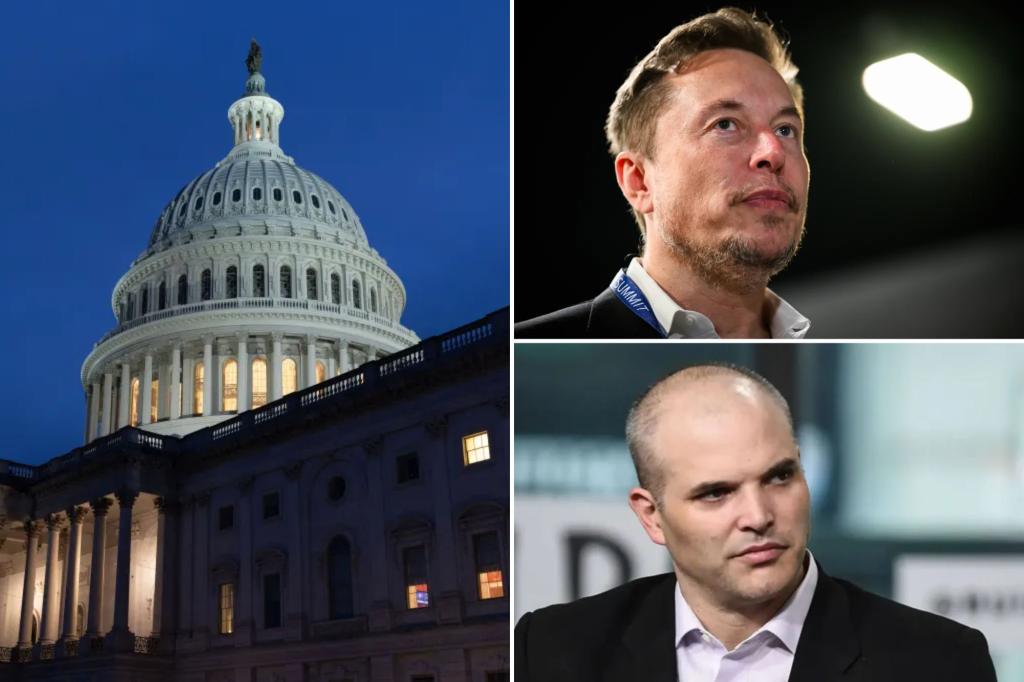The Global Engagement Center (GEC), a division within the U.S. State Department tasked with countering foreign disinformation and propaganda, ceased operations on December 23, 2024, after Congress declined to reauthorize its funding. Established in 2016, the GEC’s existence was marked by controversy, culminating in its ultimate demise amidst accusations of exceeding its mandate and encroaching on the free speech rights of American citizens. The agency’s closure represents a significant victory for critics who viewed the GEC as a tool for government overreach and censorship, while proponents argue that its shuttering leaves a void in the fight against foreign misinformation campaigns.
The GEC’s downfall was precipitated by a series of revelations that cast doubt on its impartiality and adherence to its stated mission. Investigative journalist Matt Taibbi’s “Twitter Files” exposé, published in late 2022 and early 2023, unveiled the GEC’s involvement in pressuring social media platforms like Twitter, Facebook, and Google to censor American users during the COVID-19 pandemic. These censorship efforts targeted content deemed “disinformation,” including theories about the virus’s origins, raising concerns about the GEC’s role in suppressing dissenting viewpoints and potentially stifling legitimate scientific inquiry. Taibbi’s testimony before Congress in March 2023 further amplified these concerns, bringing the GEC’s actions under intense public and legislative scrutiny.
Further investigation by the Washington Examiner revealed the GEC’s financial ties to the Global Disinformation Index (GDI), a London-based non-profit organization that evaluates news outlets for their alleged dissemination of misinformation. The GEC’s $100,000 grant to the GDI in 2021 and 2022 sparked controversy when the GDI subsequently labeled several prominent news outlets, including the Washington Examiner itself, as purveyors of disinformation. This revelation fueled allegations that the GEC was using taxpayer funds to support organizations engaged in partisan censorship, targeting conservative viewpoints in particular. These revelations further eroded public trust in the GEC and strengthened calls for its defunding.
Republican lawmakers, who had long expressed reservations about the GEC’s activities, seized upon these revelations to push for the agency’s closure. They argued that the GEC had overstepped its original mandate of countering foreign adversaries by engaging in domestic censorship, thereby infringing on the free speech rights of American citizens. Senator Eric Schmitt (R-Mo.) characterized the GEC as an entity “funded to censor conservatives” during the debate over the spending bill that ultimately sealed the agency’s fate. The GEC’s defenders countered that the agency played a vital role in combating foreign disinformation campaigns, particularly those emanating from Russia and China, but these arguments failed to sway a growing chorus of critics.
The GEC’s activities also drew criticism from influential figures in the tech world, most notably Elon Musk, who acquired Twitter in 2022. Musk publicly denounced the GEC as the “worst offender in US government censorship & media manipulation,” accusing the agency of undermining free speech and interfering with the open exchange of information online. Musk’s vocal opposition to the GEC’s practices further amplified the public debate surrounding the agency’s role and contributed to the growing momentum for its closure. His perspective, amplified through his ownership of a major social media platform, resonated with those concerned about the increasing influence of government in regulating online discourse.
The GEC’s closure underscores the ongoing tension between national security concerns and the protection of civil liberties, particularly in the digital age. The agency’s demise leaves a void in the U.S. government’s efforts to counter foreign disinformation, raising questions about how the government will address this challenge moving forward. The debate surrounding the GEC’s activities serves as a cautionary tale about the potential for government overreach in the name of national security and highlights the importance of robust safeguards to protect free speech and ensure transparency in government operations, especially in the rapidly evolving digital landscape. The agency’s legacy will likely be one of controversy, prompting a wider conversation about the appropriate role of government in regulating online information and the delicate balance between combating disinformation and protecting fundamental freedoms.

